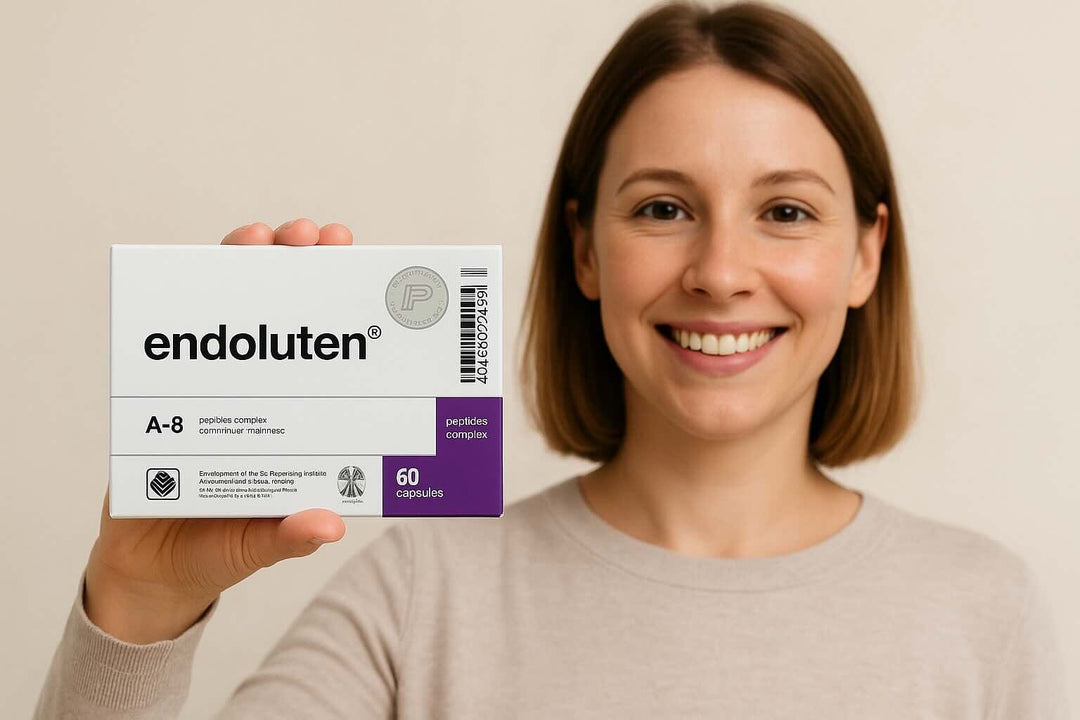Are we an over-medicated nation? Let’s look at the numbers: Americans spent more than $300 billion on prescription drugs every year; nearly half of all adults have taken at least one prescription drug in the last month; nearly a third regularly use two or more; and women are more likely than men to use prescription drugs, according to the CDC.
Drugs can undoubtedly save lives, but our penchant for prescriptions can sometimes mean treating or masking symptoms—without fixing the root cause of the health issue.
“There are natural therapies available that are much safer, often more effective, and cost much less,” says Jacob Teitelbaum, MD, author of the book Real Cause, Real Cure. "Of course, you should never start, change, or stop taking medications without first talking to your doctor.”
Check out the top 10 most prescribed drugs in the United States, then read on for our experts’ suggestions on the best natural alternatives to treat—and prevent—illness.
1. For Pain
Hydrocodone/ acetaminophen, such as Vicodin
Key Statistics: Doctors wrote more than 131 million prescriptions for pain meds last year, for everything from dental surgeries to sports injuries.
Natural Remedy: Try some hands-on help. Pain can be debilitating, sure, but pain meds can be addictive—and ingredients such as acetaminophen may also damage your liver in the long term. Rather than relying on a pill that masks your aches, try to tackle the trigger by seeing a professional with a healing touch.
“Drugs will never be the answer to solving pain because pills treat only the symptoms and not the underlying cause,” says Sungwon D. Yoo, D.C., M.S.A.O.M., L.Ac, a chiropractor and acupuncturist who uses Traditional Chinese Medicine in his private practice, Healing Point, in Fayetteville, NY. “Pain can be caused by an interference in our body’s nervous system, so manipulating the body’s main nervous system channel to the brain—the spine—can help remedy aches.”
Science supports the claims: People with lower back pain who received just four chiropractic treatment sessions in two weeks showed greater improvement in disability and pain compared to those receiving usual care, according to the Archives of Physical Medicine and Rehabilitation.
2. For High Cholesterol
Statins, such as simvastatin (Zocor) or atorvastatin (Lipitor)
Key Statistics: Statins prevent your liver from making cholesterol by blocking a necessary enzyme. Pharmacies dole out more than 45 million prescriptions a year for Lipitor alone.
Natural Remedy: Change Your Diet. Certain foods—such as oats, garlic, olive oil, and red wine—can help reduce inflammation in your body and have been proven to lower “bad” LDL cholesterol (caused in part by high cholesterol foods) or raise “good” HDL cholesterol naturally. The secret to garlic’s heart-protecting powers is an amino acid called allicin, which is released when garlic is crushed. Allicin protects the heart by keeping cholesterol from sticking to artery walls.
And studies show that red wine may raise HDL, or “good” cholesterol, and thin blood to keep artery-blocking clots from forming. In fact, moderate drinking may slash your risk of heart disease by up to 40 percent, according to the Harvard School of Public Health. Here is another tasty heart-smart move: Eating a small square of dark chocolate three to four times a week may be 25 times as effective as taking statins for preventing heart disease, says Dr. Teitelbaum.
3. For High Blood Pressure
Lisinopril (Zestril) or amlodipine besylate (Norvasc)
Key Statistics: The number of blood pressure prescriptions filled every year tops 144 million.
Natural Remedy: Up your intake of these supplements. Prescription meds can be one solution for how to lower blood pressure, but with the help of your doctor and the right supplements, you may be able to cut back—or eventually stop taking—prescription drugs. “In my experience, the best approach is to use medications to bring your blood pressure under control initially, and then add natural therapies that can help you wean off your prescription,” says Dr. Teitelbaum. Increasing your potassium (500 mg a day—present in a banana or a cup of tomato juice or coconut water) and magnesium (200 mg a day) are especially effective at lowering blood pressure in most people.
If you have especially high blood pressure, talk to your doctor about also taking 200 milligrams a day of Coenzyme Q10, an antioxidant that might help lower BP by dilating blood vessels. “Coenzyme Q10 deficiency is especially common in people taking cholesterol-lowering medications, and I have seen it lower blood pressure as much as 30 to 40 points in some severe cases,” says Dr. Teitelbaum. He suggests using the Enzymatic Therapy or Integrative Therapeutics brands for the highest quality and most effectiveness.
MORE: The Best Supplements For Women
4. For Hypothyroid
Levothyroxine sodium (Synthroid)
Key Statistics: Hypothyroidism is most common in women over age 50. In fact, as much as 10% of women over 50 will have at least mild hypothyroidism. More than 70 million prescriptions are given for Synthroid annually.
Natural Remedy: Check for mineral deficiencies. Low thyroid problems might happen because the thyroid is being attacked by your own immune system, but it can also occurs from mineral deficiencies such as iodine, iron, or selenium. Talk to your doctor about whether taking mineral supplements before going on meds might be for you, or whether natural thyroid glandular supplements, such as BMR Complex by Integrative Therapeutics, might be helpful. “The thyroid glandular [supplement] supplies the raw materials needed to optimize thyroid function, so taking one or two capsules three times daily between meals could start the process of kicking your thyroid back into gear within a month,” says Dr. Teitelbaum.
5. For Acid Reflux
Omeprazole (Prilosec)
Key Statistics: The number of prescriptions written for Prilosec surged by 8 million in 2010, for a total of 53.4 million prescriptions dispensed.
Natural Remedy: Try herbal relief first. “When people take Prilosec, it blocks the protective hydrochloric acid (HCL) in their stomach, which can lead to bacterial overgrowth in the small intestines and ultimately to mineral deficiencies by hindering their absorption,” says Liz Lipski, PhD, CCN, author of Digestive Wellness. “It’s okay to take Prilosec in the short term, but you should try to find the underlying factors causing your indigestion or reflux rather than just covering them up with drugs.”
Dr. Lipski recommends trying an herbal fix, such as slippery-elm lozenges from your local health food store, to see if it eases symptoms before going on meds. Slippery elm coats the throat and stomach; has antioxidants that help relieve inflammation in your intestines; and boosts mucus production to help protect your gastrointestinal tract from excess acid. “Simple lifestyle changes, such as pinpointing food sensitivities so you can steer clear of your trigger foods, eating slowly, and managing stress will make the biggest difference in the long run,” she says.





